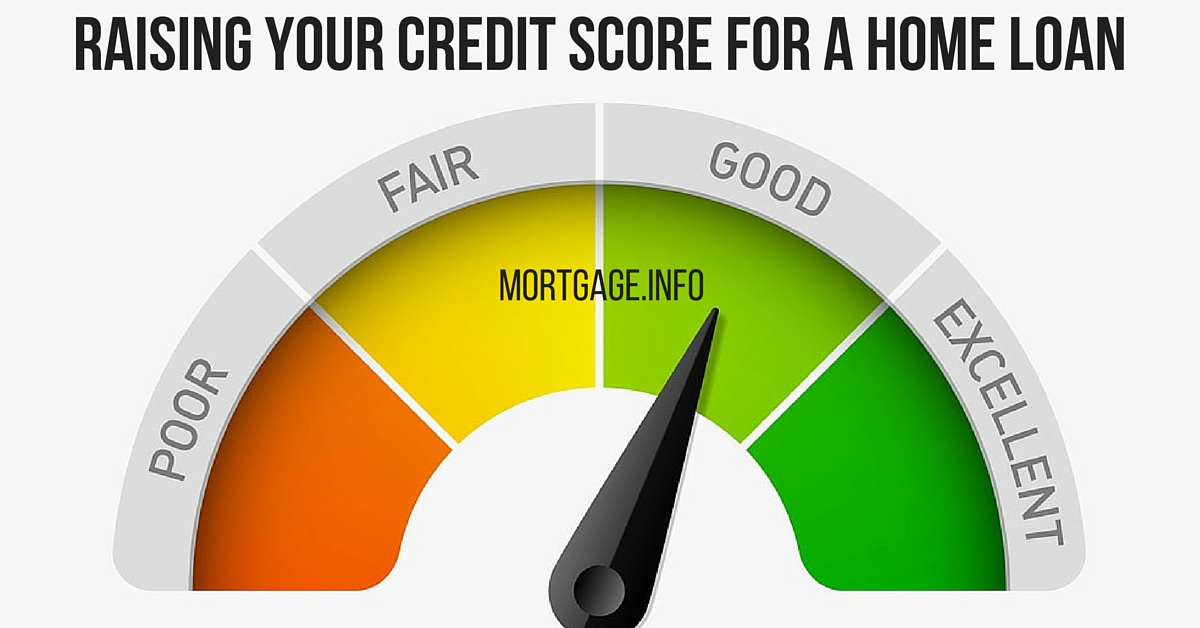 Whether you’re a first time home buyer or you are buying your 10th house, there is nothing quite as exciting than buying a new home and being able to finance it with good terms and great interest rates. However, that could be hard to accomplish if you have less than perfect credit. The good news is, you can always take the time to fix and raise your credit score in order to qualify for a home loan program. There are so many home loan programs out there, that just because you may not qualify for one doesn’t mean you don’t qualify for any. There are even loans designed specifically to help borrowers who have bad credit or no money to put down.
Whether you’re a first time home buyer or you are buying your 10th house, there is nothing quite as exciting than buying a new home and being able to finance it with good terms and great interest rates. However, that could be hard to accomplish if you have less than perfect credit. The good news is, you can always take the time to fix and raise your credit score in order to qualify for a home loan program. There are so many home loan programs out there, that just because you may not qualify for one doesn’t mean you don’t qualify for any. There are even loans designed specifically to help borrowers who have bad credit or no money to put down.
Majority of the loans in the mortgage market today have fairly easily obtainable qualifications, and are much more lenient on who they will allow to qualify, but there are still some minimum standards for loan programs as well as lenders. Lenders have their own version of guidelines and stipulations in which you need to qualify for, so just because you qualify for a loan, you may not qualify for that lender, and vice versa. Basically, the better your credit score is the better, and easier it will be for you to qualify, but most lenders require at least a 620 credit score regardless of if the loan program has any credit requirements.
How your Score Factors in
Your credit score is basically a direct reflection of your past credit patterns, more importantly though, it’s a reflection of you last 2 years. If you were careless with your credit and have a lot of derogatory marks on your credit within the past 2 years it may be hard for you to qualify for a home loan. Lenders will typically look at the past 2 years of your credit and pull your report from three major credit bureaus, these bureaus use a FICO method which in turn creates a credit score from 300 to 800. These credit bureaus whom 99% of all credit transactions are reported to are:
- Equifax
- TransUnion
- Experian
While your score will be different from each of these bureaus the lender is going to use the median score. You may have a really low Experian score, but a really high TransUnion score, and your Equifax score may be right in the middle, that’s the score your lender is going to use for qualification purposes. The five top most important categories your lender is going to look at are:
- Your past payment history
- Your account balances
- Accounts in collections and balances
- The length of your credit
- The type of credit you’re using
- Any hard inquiries posted to your credit
Each one of these has their own impact on your overall credit score. Your payment history and balances being the biggest factors makes up more than 2/3rd of your overall score. This means, those two categories are the most important. The length of your credit will tell lenders how long you’ve been using your credit and the type refers to what kind of line of credit your using. For example, credit cards, mortgage loans, car loans, or school loans are all a type of credit utilization. Your credit inquires will show whenever someone runs your credit. There are two types of inquiries, a hard and soft. A soft inquiry is almost like a peek at your credit and will usually come off in a couple days, a hard inquiry usually lasts at least a year and the more of those you have the worse it’s going to affect your overall credit score.
Raising and Fixing Your Credit Score
The first thing you should do when you begin to take the steps to fix your credit is to go through your entire credit history, no matter how old it is and dispute any incorrect information. You should also look into a credit monitoring service as it can help tremendously with fraudulent credit inquiries. Your next steps would be to make any late payments current. You shouldn’t have any more than one 30-day late payment. Catch up on any late payments and keep them current for the next 6-8 months in order to show you are making an attempt to pay off the loan. You will see a significant improvement in your credit rating. It may feel like a long process and sometimes it is, but it’s an absolutely necessary one if you want to be able to afford a home loan and get a good rate.
